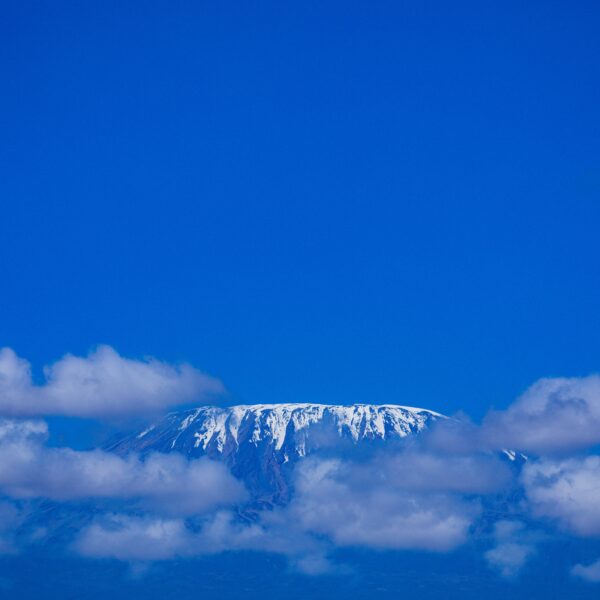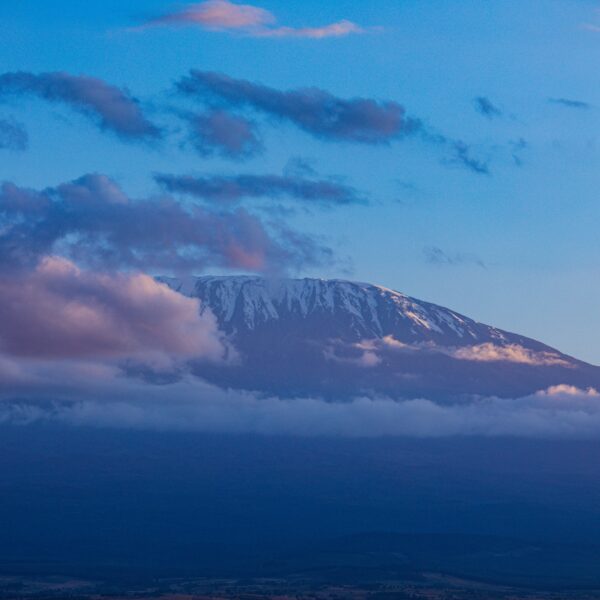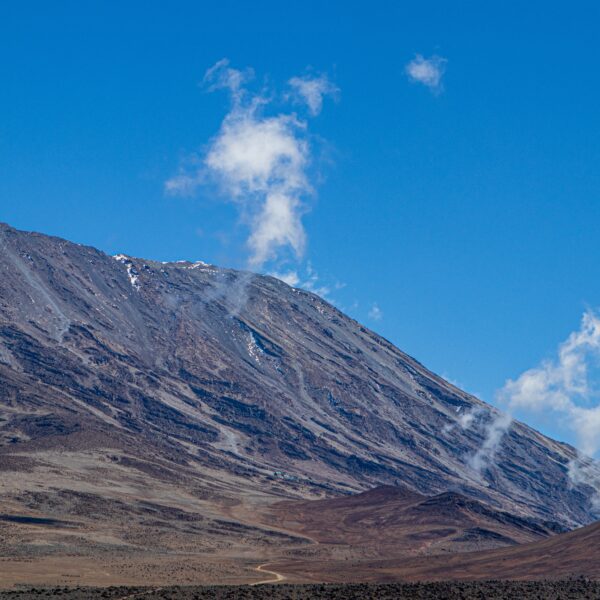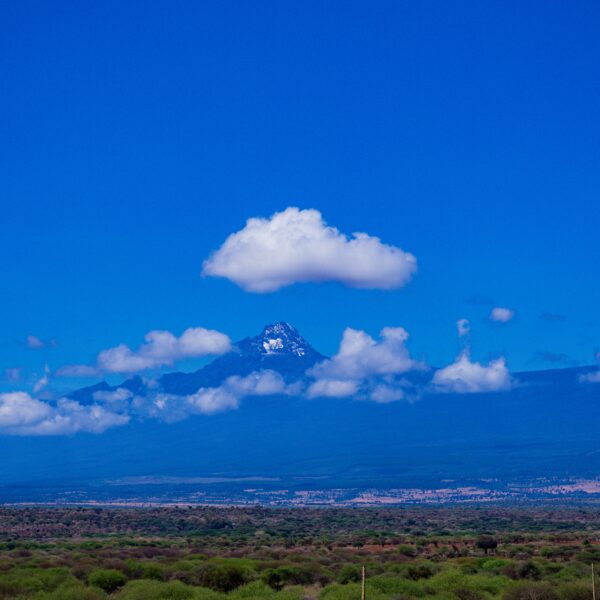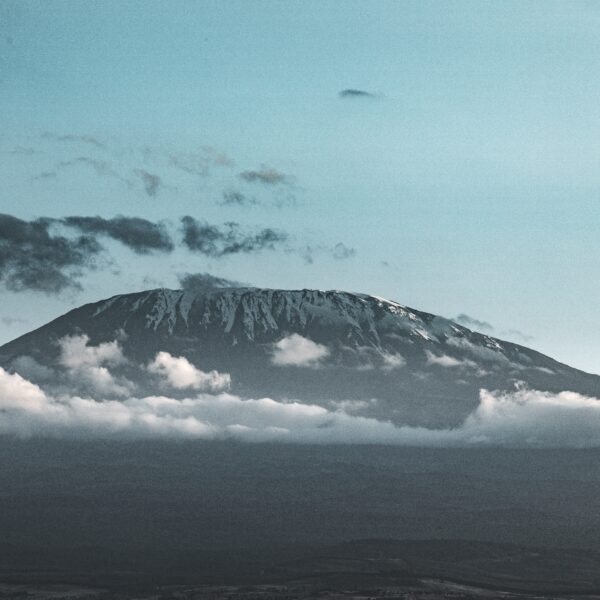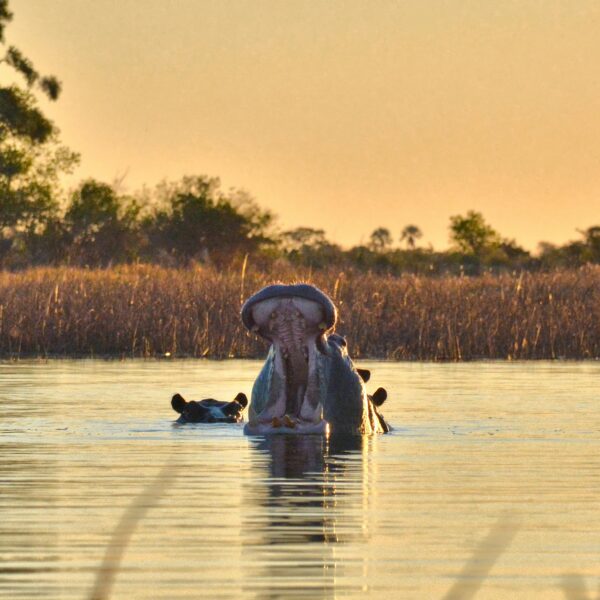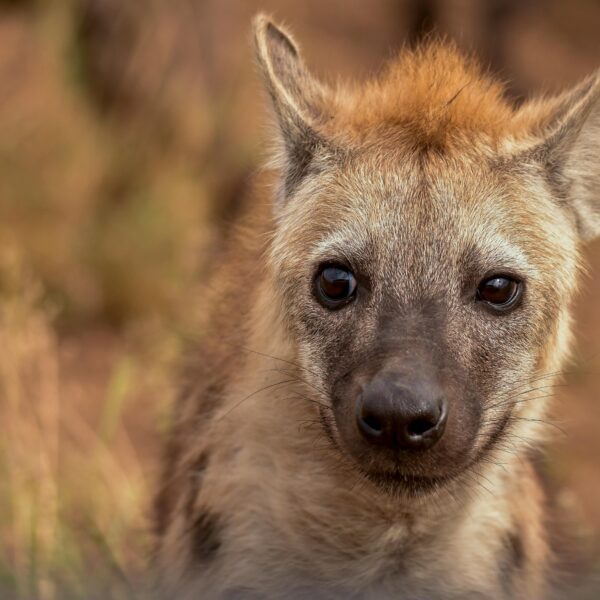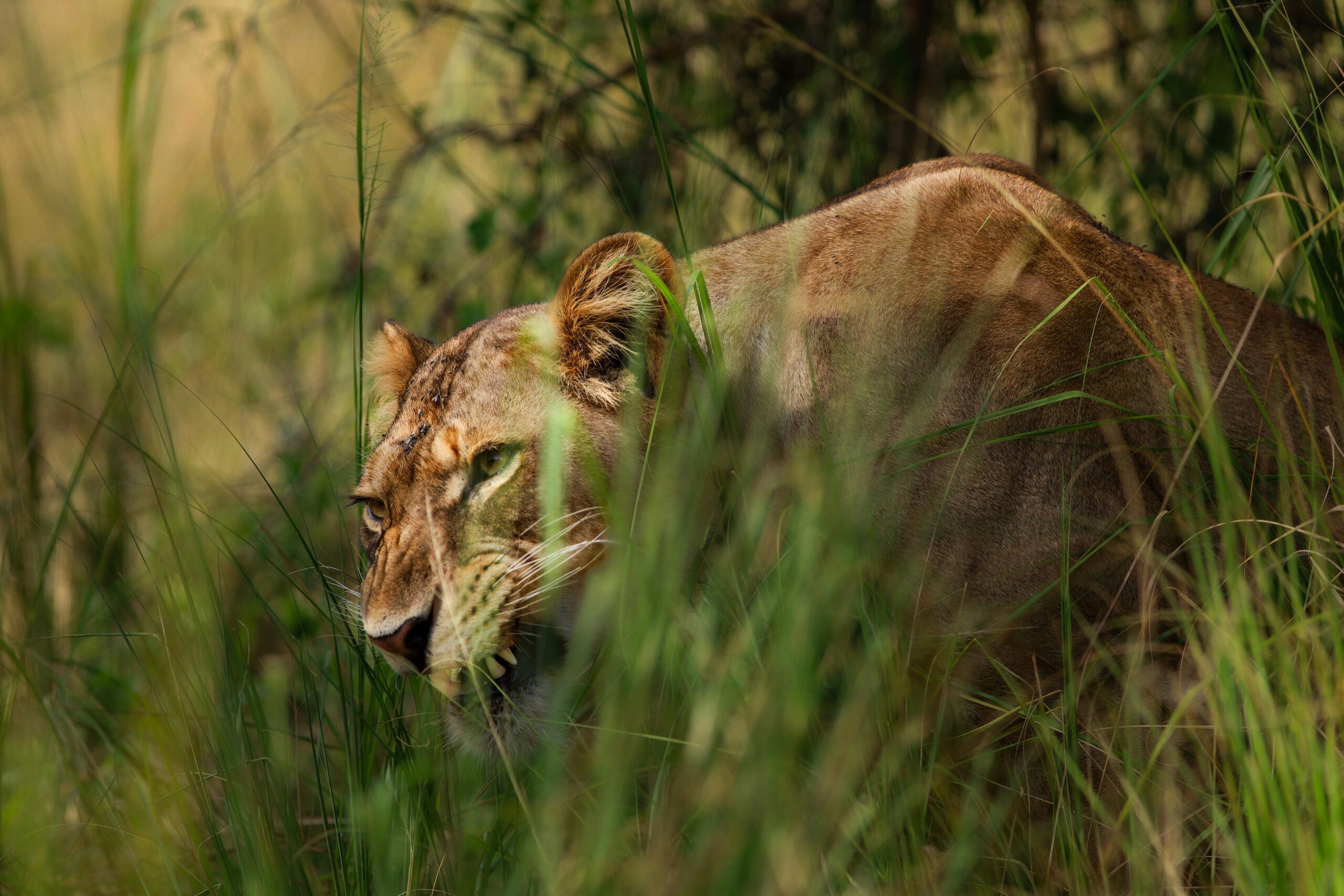6 Days Mount Kilimanjaro Climbing Via Rongaii Route
Overview
The Rongai route is the only route that approaches Kilimanjaro from the north, close to the Kenyan border. Though gaining popularity amongst climbers, this route still experiences low crowds. Rongai has a more gradual slope than the mountain’s other routes. It is the preferred route for those looking for an alternative to the popular Marangu route, for those who would like a more remote hike, and for those who are climbing during the rainy season (the north side receives less precipitation). Rongai is a moderately difficult route, and is highly recommended, especially for those with less backpacking experience.
Although the scenery is not as varied as the western routes, Rongai makes up for this by passing through true wilderness areas for nearly the entire way. Descent is made via the Marangu route.
Full Itinerary
Elevation: 1997m/6552ft to 2635m/8645ft
Altitude gained: 638m
Departing from Moshi a 4-5 hour drive will take you through the coffee plantations and village of Nale Muru to the Kilimanjaro National Park gate. We will patiently wait for our permits to be issued while watching the hustle and bustle of operations as many crews prepare for the journey ahead enjoy the beautiful wooded scenery, and windy trails while your guide tells you about the local flora and fauna and natural wildlife you are likely to see. Simba camp sits near the first cave at the edge of the moorland zone with spectacular views of the plains of Kenya.
Elevation: 2635m/8645ft to 3487m/11,440ft
Altitude gained: 852m
After a good night’s sleep and a hearty breakfast, we continue along the moorland terrain on a consistent ascending path. You will catch some terrific views of Kibo and get your first glimpse of the ice fields on the eastern crater rim. The small shrubs of the moorland became thinner as you approved the second cave. Temperatures begin to drop.
Elevation: 2635m/8645ft to 3936m/12,913ft
Altitude gained: 449m
After breakfast and packing, you continue your stead ascent, entering into the semi-desert terrain. This relatively short hiking day brings you closer to the easter ice fields, continually drawing your attention to their beauty. Pay attention to your body and keep your guide informed of any signs of altitude sickness.
Elevation: 3936m/12,913ft to 5174m/16975ft
Altitude gained: 1238m
As you depart early the semi-desert zone from the third cave early in the morning begin your trek into the alpine desert terrain for the remainder of your ascent. Today’s hike will take you just below the Kibo crater wall to the Kibo huts. At this point, you will merge with the Marangu route, which you will use to hike to the summit. You will prepare your clothing and equipment (replace batteries for headlamp and camera) before you go to bed by 7 pm and try to catch a few hours of rest before your summit attempt.
Elevation: 5174m/16975ft to 5895m/19,341ft
Altitude gained: 721m
Descent to 3721m/12,208ft
Altitude lost: 2174m
Excitement is building as morning comes with an early start between midnight and 2 a.m. This is the most mentally and physically challenging portion of the trek.
We continue our way to the summit between the Rebmann and Ratzel glaciers trying to stay warm and focused on the amazing sense of accomplishment that lies ahead. With a switchback motion in a northwesterly direction ascend through heavy scree towards Stella point on the crater rim. You will be rewarded with the most magnificent sunrise during your short rest here. Faster hikers may view the sunrise from the summit. From here on your remaining 1 hour ascent to Uhuru Peak, you are likely to encounter snow all the way.
Congratulations, one step at a time you have now reached Uhuru Peak the highest point on Mount Kilimanjaro and the entire continent of Africa!
After photos, celebrations, and maybe a few tears of joy we take a few moments to enjoy this incredible accomplishment. We begin our steep descent down to mweka camp, stopping at Barafu for lunch and a very brief rest. We strongly recommend gaiters and trekking poles for uncooperative loose gravel and volcano ash terrain. Well-deserved rest awaits you to enjoy your last evening on the mountain. Overnight mweka camp.
Elevation: 3721m/12,208ft to 1905m/6250ft
Altitude lost: 1816m
After breakfast and a heartfelt ceremony of appreciation and team bonding with your crew, it’s time to say goodbye. We continue the descent down stopping at the mandara huts for lunch. Remember to tip your guides, cooks, and porters, since you will be leaving them here. You return to the Marangu park gate and receive your summit certificates. As the weather is drastically warmer, the terrain is wet, muddy, and steep and we highly recommend gaiters and trekking poles. From the gate, a vehicle will meet you to drive you back to your hotel in Moshi (about 45 minutes).
Included
- Transfers
- Entry fees
- Accommodation
- Meals
- Hiking and safety equipment
- Climbing crew
Excluded
- Airline tickets
- Visa fee
- Personal gear rentals
- Tips for the mountain crew
- Mountaineering insurance


